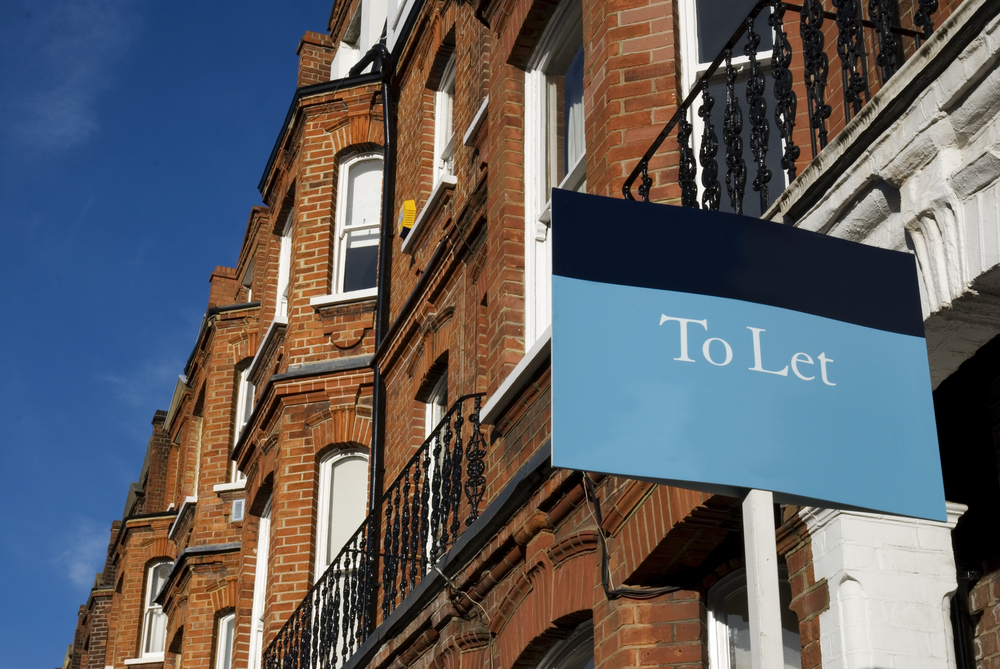A new study has revealed that the housing crisis is forcing millions of younger people to put off crucial things in their lives, such as building a career, getting married, having a family or retiring. According to housing charity Shelter, three in five (59%) 18 to 44-year-olds in Britain say they will be forced to put […]
 A new study has revealed that the housing crisis is forcing millions of younger people to put off crucial things in their lives, such as building a career, getting married, having a family or retiring.
A new study has revealed that the housing crisis is forcing millions of younger people to put off crucial things in their lives, such as building a career, getting married, having a family or retiring.
According to housing charity Shelter, three in five (59%) 18 to 44-year-olds in Britain say they will be forced to put their lives on hold because of housing problems.
The Shelter and YouGov study of over 6,000 adults aged under-45 revealed that housing problems play a significant part in stalling people’s careers, with one in five (19%) saying they had experienced or expected a delay in finding job opportunities.
Millions of younger people also feel retirement is slipping out of reach, with one in nine (11%) saying they thought it would be delayed because of housing.
The survey revealed that marriage and family was a major area of concern, with one in six (16%) people in relationships saying they had postponed marriage or expected to do so.
Many couples are also facing problems starting a family – one in five (22%) people in relationships have put off having children, or are expecting to in the future.
Campbell Robb, Shelter’s chief executive, said: “Everyone deserves the chance to have a home where they can put down roots and build a life for themselves. But our ever-growing housing crisis means millions of young people are being left behind – unable to reach many of the crucial life milestones that were taken for granted by the generations who came before them.
“As Shelter reaches its 50th year, it’s heart-breaking to see so many young people still living in a housing limbo, facing a frustrating lifetime of instability where they feel unable to move forward with their lives.
“We cannot make this crisis someone else’s problem, and it’s the responsibility of all of us to help fix it.”
There are fears that first-time buyers are being squeezed out of the market due to the dwindling supply of suitable homes and ballooning property prices.
According to the latest Halifax House Price Index, house prices rose by 0.6% in May to £213,472.
Last year, 142,890 homes were completed, a 21% increase on the previous 12 months. However, this number still falls well short of the government target of 200,000 new homes annually.
Tougher affordability checks from lenders and rising house prices have also made it increasingly difficult for first-time buyers with smaller deposits to get on the property ladder.
Low interest rates combined with the economic recovery have done little to reduce the need for rented housing, while house price inflation ahead of wage growth has pushed property prices out of reach for many.
Government schemes
The government has introduced a number of new schemes in recent years to help those looking to buy a home.
Help to Buy ISAs, introduced in December, give first-time buyers saving for a deposit the opportunity to put away £200 a month in a dedicated ISA that the government will top up by 25%, up to a maximum of £3,000.
The Lifetime ISA will allow anyone younger than 40 to put away up to £4,000 a year until they are 50. For every £4 people save, the government will give them back £1, a bonus of up to £1,000 a year.
It will be launched in April next year and those with a Help to Buy Isa will be able to transfer their funds into it. Alternatively, you can continue saving in both, but you will only be able to use the bonus from one to buy a house. The Help to Buy ISA is due to end in 2019.
The savings and the bonus can be used towards a deposit on a first home worth up to £450,000. Accounts are limited to one per person, so two first-time buyers can both pair up and double their bonus.
With the Help to Buy equity loan scheme you can borrow up to 20% of the purchase price of a new-build home. The loan comes from the government and is repaid when the property is sold. The rest of the payment is made up with a deposit of at least 5% and a mortgage of up to 75%.
Help to Buy London was launched on 1 February and gives aspiring homeowners who have been frozen out of the market in London the opportunity to get on the housing ladder. First-time buyers with a 5% deposit can borrow up to 40% of the value on a new home priced up to £600,000. They will need a mortgage of 55% to cover the rest.
What Mortgage has teamed up with London & Country to offer you expert advice on the right mortgage deal.
Whether you’re buying a new home, remortgaging to a new deal or buying an investment property, L&C can help – and you’ll pay no fee for their advice. To find out more, click here.














